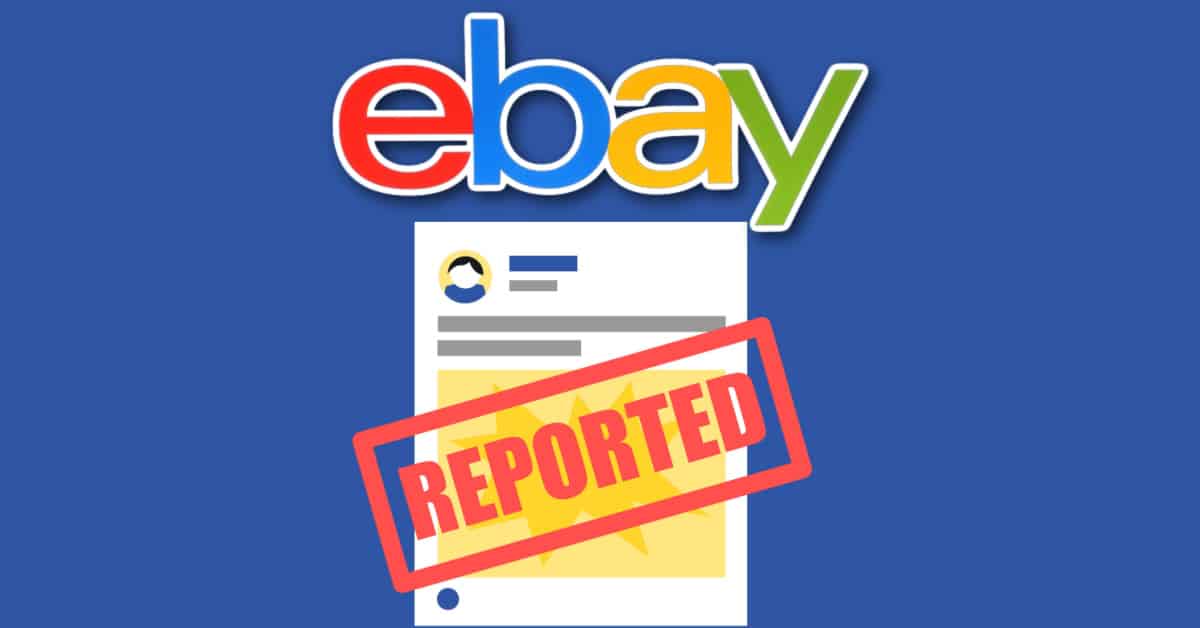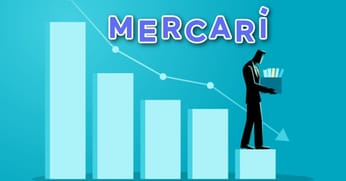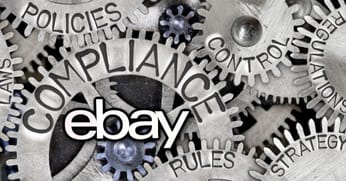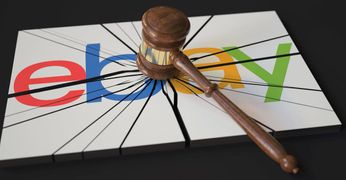Etsy Prohibited Items Policy Update Targets Political Activism, Violence & Hate
Etsy has updated their Prohibited Items policy with some very specific additions and removals aimed at political activism and giving the platform wider latitude to remove items that it deems violent, degrading, or hateful.
The policy changes were made on March 5, 2024. As always, we highly recommend viewing the full policy yourself, but here are a few important changes users should be aware of:
Etsy has removed "political affiliations" from the list of kinds of people whom they want to feel welcome on the site, possibly indicating that merchandise which Etsy deems to be politically divisive may be more likely to be removed going forward.
Old version:
We want Etsy to be a community where people of all backgrounds, nationalities, religions, political affiliations, and even different types of artistic taste and humor feel welcome.
Art is incredibly subjective, and what is offensive to one is not necessarily offensive to others.
New version:
We want Etsy to be a community where people of all backgrounds, nationalities, religions, and even different types of artistic taste and humor feel welcome.
Art is incredibly subjective, and what is offensive to one is not necessarily offensive to others.
That line about art being incredibly subjective could come into play as we look further into the changes Etsy has made - many of which are also incredibly subjective and difficult to make sure they are enforced fairly or without bias.
For example, previous language that said Etsy does not allow listings that "promote, support, or glorify hatred" toward people based on their status in a protected group has now been changed to a much broader and subjective scope of "violent or degrading language."
It's also noteworthy in an election year where immigration policy is a hot button issue that Etsy has added "immigration status" to the list of protected classes.
Old version:
Etsy does not allow items or listings that promote, support or glorify hatred toward people or otherwise demean people based upon: race, ethnicity, national origin, religion, gender, gender identity, disability, or sexual orientation (collectively, “protected groups”). We also prohibit items or content that promote organizations or people with such views.
New version:
Etsy does not allow items or listings with violent or degrading language toward people based upon: race, ethnicity, national origin, religion, gender, gender identity, disability, sexual orientation, immigration status, or caste (collectively, “protected classes”). We also prohibit items or content that promote organizations with such views.
Etsy then doubles down even further on the subjectivity by adding a sentence that says it prohibits:
Content which directly or indirectly contains violent or degrading commentary against protected classes.
The vagueness and broadening of scope isn't just reserved for what's prohibited, changes to sections about what is allowed to be sold on Etsy are also more subjective and open to interpretation, going from a specific focus on"hate groups" to a more general focus on "hateful rhetoric" and "hateful intent."
Old version:
Some items may contain symbols or terms associated with hate groups in a context unrelated to the group itself. We understand that these items are subject to a variety of valid and often conflicting interpretations of their educational, historical and artistic value.
Recognizing that there may be no consensus on their value and reserving the right to evaluate such items on an individual, case-by-case basis.
New version:
Some items may contain symbols or terms associated with hateful rhetoric in a context unrelated to hateful intent. We understand that these items are subject to a variety of valid and often conflicting interpretations of their educational, historical and artistic value.
Recognizing that there may be no consensus on their value, we reserve the right to evaluate such items on an individual, case-by-case basis.
Etsy also removed a section which had previously allowed idiomatic uses of the word "Nazi" like "grammar Nazi" or items denouncing or mocking historical figures or groups that have targeted protected groups, such as a photo of anti-Nazi graffiti.
Removed language:
Items that use idiomatic expressions that include the word “nazi,” such as “grammar nazi”
Example: Grammar “Nazi” Print
Items denouncing or mocking groups or historical figures that have a history of organized, targeted violence against protected groups
Example: Photograph of Anti Nazi Graffiti
One other noteworthy addition is this section about prohibiting content that infringes on privacy, publicity and personal rights.
We also prohibit content which infringes on the privacy, publicity, and personal rights of others.
This section may be aimed at providing Etsy with additional ways to go after listings for AI-generated celebrity deep-fake porn that recent media reports revealed were not just allowed for sale on the site, but actively promoted by the company's recommendation and related searches features.
However, if that is the intent, it's unclear why Etsy would have felt the need to add that language as those types of listings should have already been prohibited based on the previous and still currently in force policies about pornographic material as well as other parts of the Etsy user agreement and related legal policies.
The timing of these changes is also very interesting. Just days before the update, Etsy was explicitly name-checked in Supreme Court arguments about content moderation laws passed in Florida and Texas in response to concerns that social media companies were censoring their users, particularly those with conservative viewpoints.
The laws contain provisions that limit decisions social media companies can make about how and which user-generated content is presented to the public, and others that require social media platforms to provide individualized explanations to users about their editorial choices.
While much of the conversation has centered around more traditional social media like Facebook, YouTube and Twitter/X, several Justices opened their thoughts up to how the laws could have a broader impact on companies like Uber and Etsy.
Conservative Justice Amy Coney Barrett said, “Florida’s law, so far as I can understand it, is very broad. We’re talking about the classic social media platforms, but it looks to me like it could cover Uber. It looks to me like it could cover Google’s search engine. Amazon Web Services. And all of those things would look very different.”
Liberal Justice Sonia Sotomayor observed that the Florida law “is so, so broad, it’s covering almost everything” on the internet, including Etsy listings and the website’s own recommendation engine.
Florida Solicitor General, Henry Whitaker stumbled a bit before being forced to acknowledge that the law likely would cover Etsy's services - "I’m not sure to what extent it actually would apply to Etsy. I guess it would apply somewhat, [because] people are uploading user-generated content in connection with the sale of goods.”
PayPal experienced significant brand damage and Congressional scrutiny in 2022 when updates to their Acceptable Use Policy would have allowed them to fine users $2,500 for sending, posting or publication of content PayPal deemed "harmful", raising cancel culture concerns.
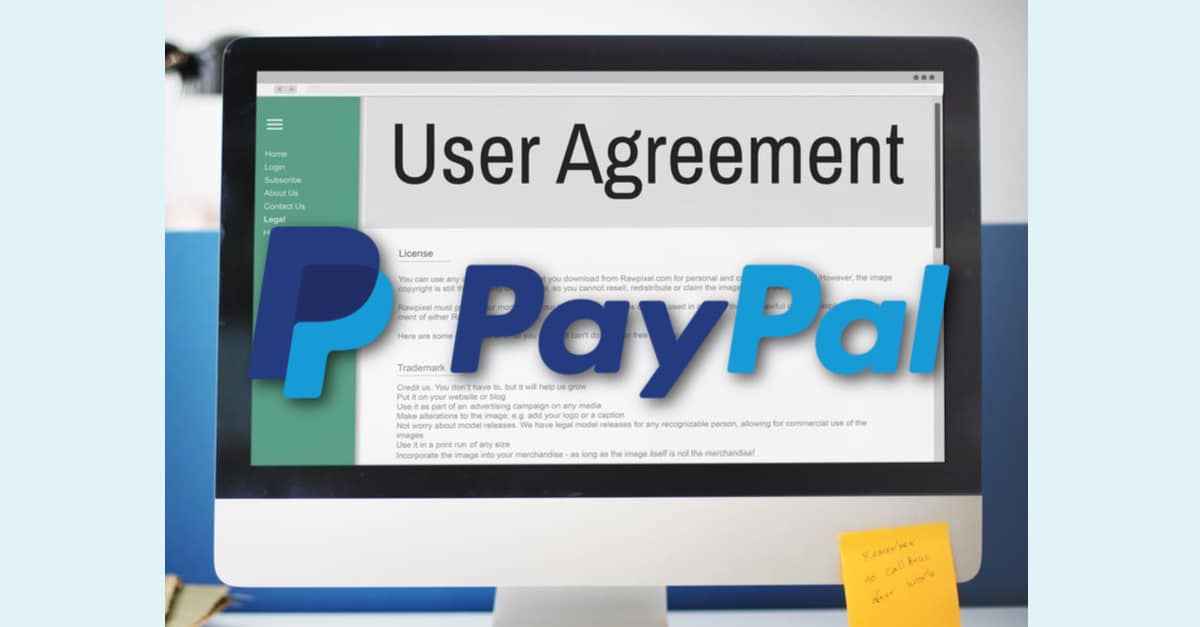
After massive social media backlash and a wave of account closures in protest, PayPal was forced to rollback the policy.
Etsy may be less likely to face user backlash but it's clear there could be political, legal and regulatory implications for Etsy and other marketplaces as they try to carefully balance brand reputation, user safety and security, and moderation concerns.
What do you think of these changes to the Etsy Prohibited Items policy? Let us know in the comments below!




